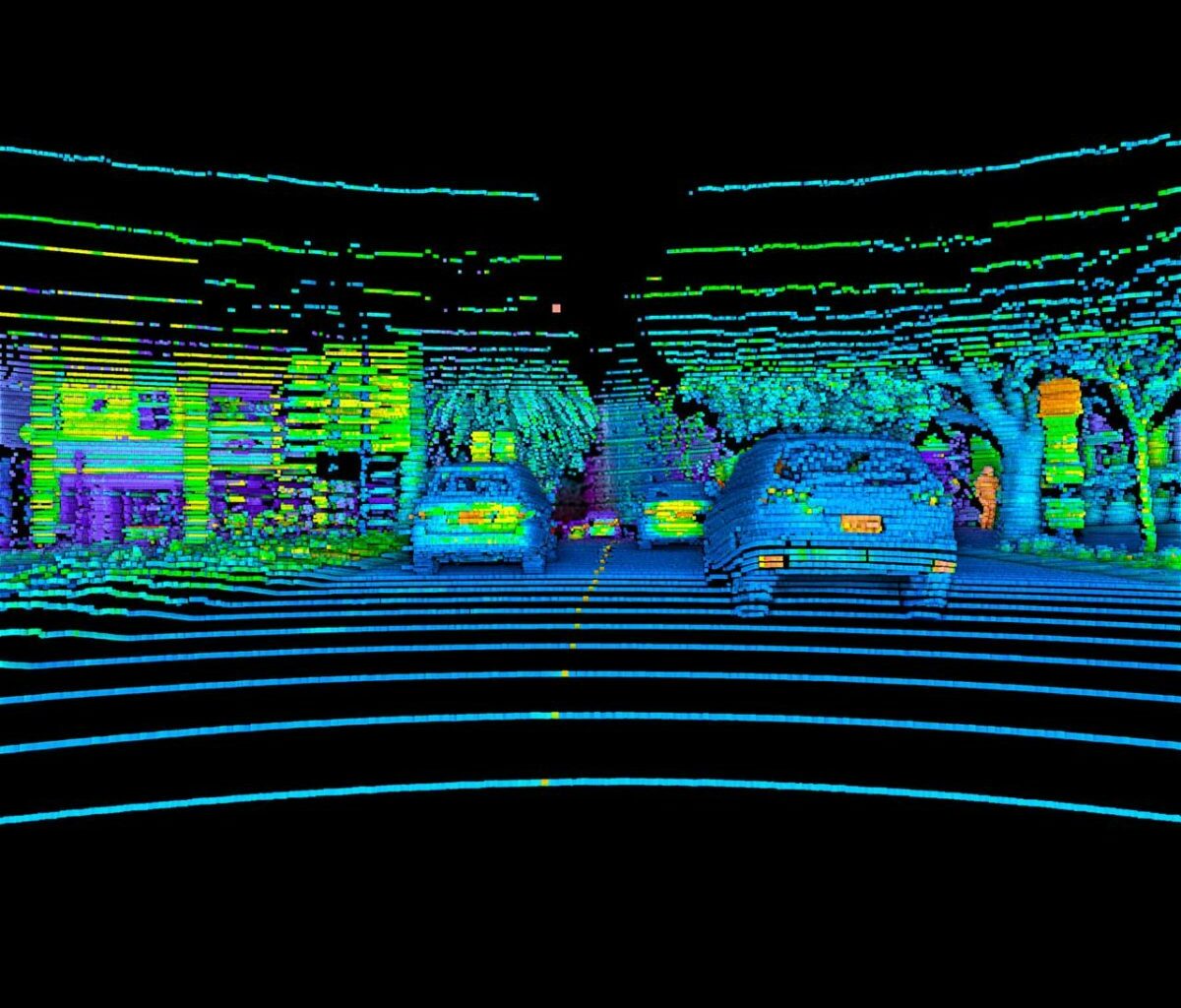While the age of fully automated self-driving cars may be down the road, modern cars now offer many features that automatically increase safety and provide more information to drivers. Many of these advancements employ sensors that constantly monitor the car’s surroundings, providing imaging that is instantly interpreted by computers to warn of, and adjust to, pending hazards. These sensors are increasingly using lidar (laser imaging, detection, and ranging) technology to provide the clearest and most accurate 3D imaging available.
Cepton, Inc. (NASDAQ: CPTN) is at the forefront of the automotive lidar revolution, and recent developments highlight the company’s potential to achieve mass-market success as its technology spreads throughout the automotive industry. Cepton, with a market cap in the $385 million range, recently announced Koito Manufacturing’s intent to invest up to $100 million in the company. Shortly thereafter, Cepton announced a collaboration with electronics and tech giant NVIDIA to add Cepton lidar models to the NVIDIA DRIVE Sim™ program. Here we’ll take a look at the impact these announcements could have on Cepton as it pushes toward large-scale commercialization of its patented lidar technologies.

Deepening Relationship with Strategic Partner Through Contemplated Investment
Koito Manufacturing is a nearly $5 billion multinational Japanese company that has historically manufactured and sold automotive lighting equipment, aircraft parts, and electrical equipment among its several verticals. Koito recognizes the importance of, and opportunity with, smart driving technologies, and has been partnering with Cepton for the last several years to develop and deploy Cepton’s lidar solutions in the automotive industry. Over the course of the collaboration, Koito has invested $100 million into Cepton.
That partnership is beginning to bear fruit. The two companies initially focused on winning an Advanced Driver Assistance Systems (ADAS) production award with a major auto manufacturer, and succeeded in securing one. As part of GM’s sensor fusion approach, Cepton’s lidar is integrated behind the windshield to enable high-precision perception without disrupting vehicle design. Cepton is also engaged with all other Top 10 global OEMs. Building off of that success, Koito and Cepton announced the expansion of their relationship to include more products and a plan to jointly present their new innovations to the automotive industry more broadly, starting with Japanese automakers.
Click the link to see how Cepton is democratizing automated safety technology for everyone: https://youtu.be/dfzuexLO66g

These factors set the table for Koito’s intent to invest up to an additional $100 million in Cepton and the two companies have entered into an exclusivity agreement to contemplate the proposed transaction. The money is earmarked for mass commercialization efforts that capitalize on Cepton’s technological developments and Koito’s deep industry expertise. Koito has the large-scale manufacturing capacity and a production line in place for Cepton’s lidar equipment. In short, Cepton is poised to fully penetrate the very large and growing ADAS market. Verified Market Research estimates the global ADAS market will grow from about $26 billion in 2021 to about $55 billion in 2030, and ADAS may just be the start in the automotive industry. Not included in these market estimates is the potential for automated vehicles.
NVIDIA Simulation Platform Creates Efficient Arena for OEMs to Test Cepton’s Products
Cepton’s solutions offer manufacturers a high performance, reliable, affordable lidar system that is adaptable to many potential uses with vehicles due to a variety of design features, including its compact size. Sensors can be placed in headlamps and taillights, behind the windshield, in the front grille, on the rear bumper, in the side mirrors, basically all over the vehicle body to provide a full 3D picture of everything surrounding the car. Applications for lidar technology are perhaps only limited by the imagination and the ability to test ideas.
Enter NVIDIA and its NVIDIA DRIVE Sim™. Built to test the safety and viability of autonomous and smart vehicle technology, the system offers manufacturers and designers a physically accurate simulation platform that has obvious practical and safety advantages over real-world testing. Cepton is adding an accurate digital twin of its lidar technology to the platform, giving potential clients the ability to see how the solutions can work without having to build new cars and deploy physical sensors to test various configurations.
Cepton’s lidar systems can also be tested in conjunction with other sensor technologies like radar and camera on NVIDIA’s simulation platform. Together, all of these sensor advancements can then be used to train the hyper-advanced artificial intelligence networks required to interpret the data and advance automated safety and autonomous driving systems.
This simulated testing and development environment should only serve to accelerate Cepton’s entry into the mass market. The ability for potential clients to easily manipulate and test various design ideas is crucial in an industry where new models can take years to develop.
Commercialization Coming Together
Cepton is poised to penetrate the fast-growing ADAS and autonomous vehicle markets. The partnerships with Koito and NVIDIA are both key catalysts to the success of the company’s plan to build upon its initial production series award. With Koito’s backing and NVIDIA’s simulation capabilities, Cepton is currently engaged in a global roadshow of sorts. The company has been presenting its lidar solutions at auto industry events across the US, Europe, and Japan. The news keeps coming for Cepton, and investors are encouraged to keep an eye out for further developments. Cepton is hosting its Q3 2022 results and business update call on November 8 after the market closes, details can be found here.










